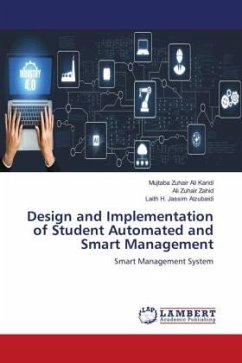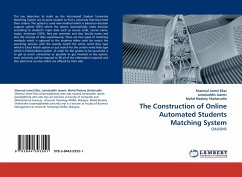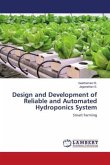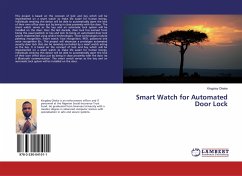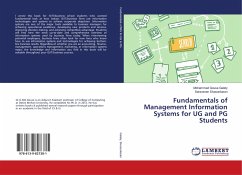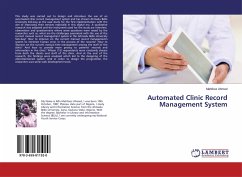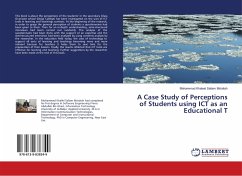The process of blended learning system gives benefits in terms of cost-effectiveness and easy interaction between students and teachers. One of the strategies is to implement the asynchronous type of interaction. An online activity in blended learning using e-learning models is known as a Learning Management System (LMS). Currently, LMS has been widely applied in the educational process in higher education institutions. To assess the results of the application of the LMS, we need a quality model that can be referenced by developers of LMS. This study developed a model for the application of quality in an asynchronous blended learning system the model allows an LMS can be evaluated by a party who is not an expert in the field of software technology, especially for the users, who is usually not involved in the system development phase directly. This model is expected to be a reference for both by the developers and users.
Bitte wählen Sie Ihr Anliegen aus.
Rechnungen
Retourenschein anfordern
Bestellstatus
Storno

